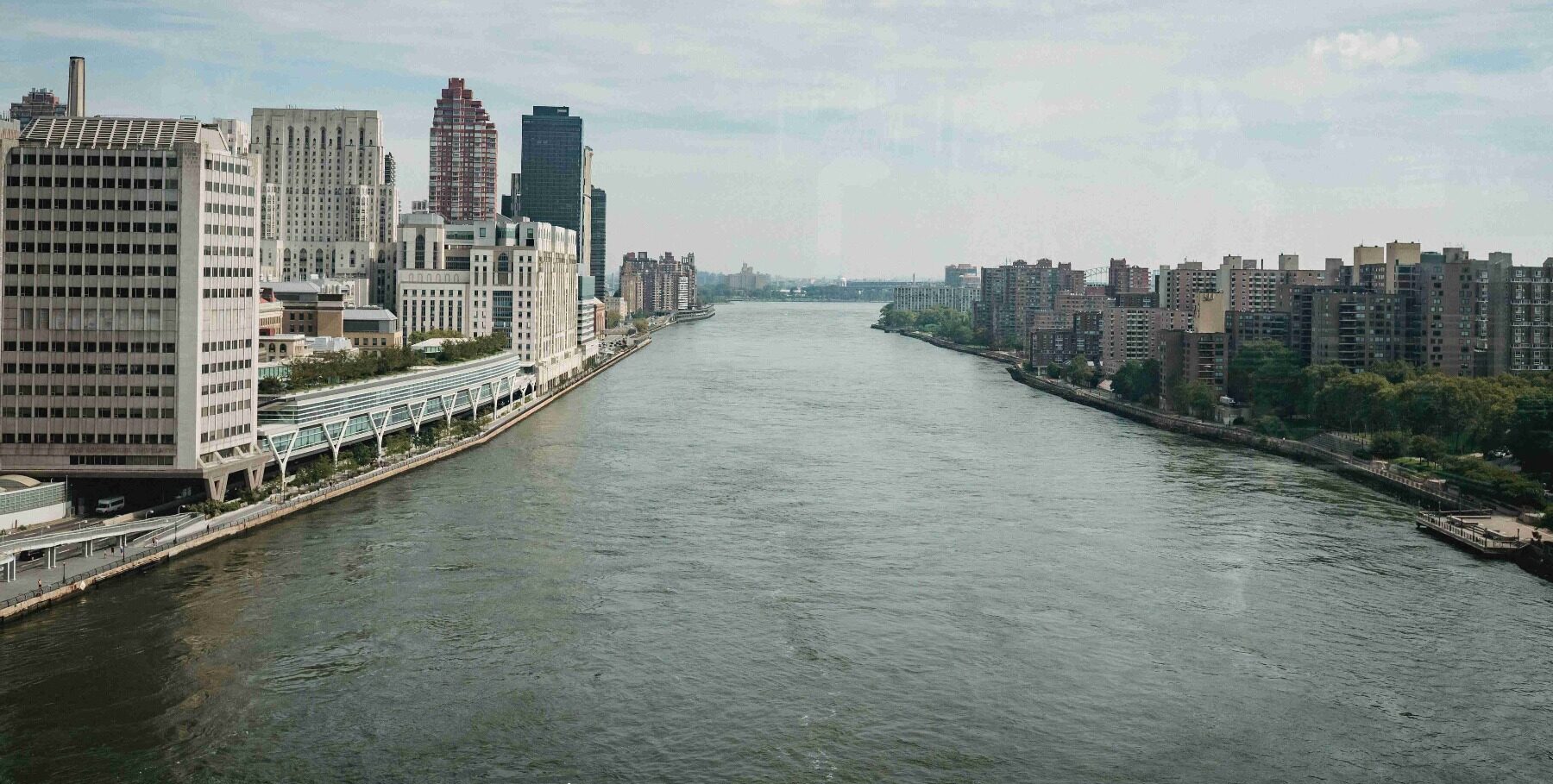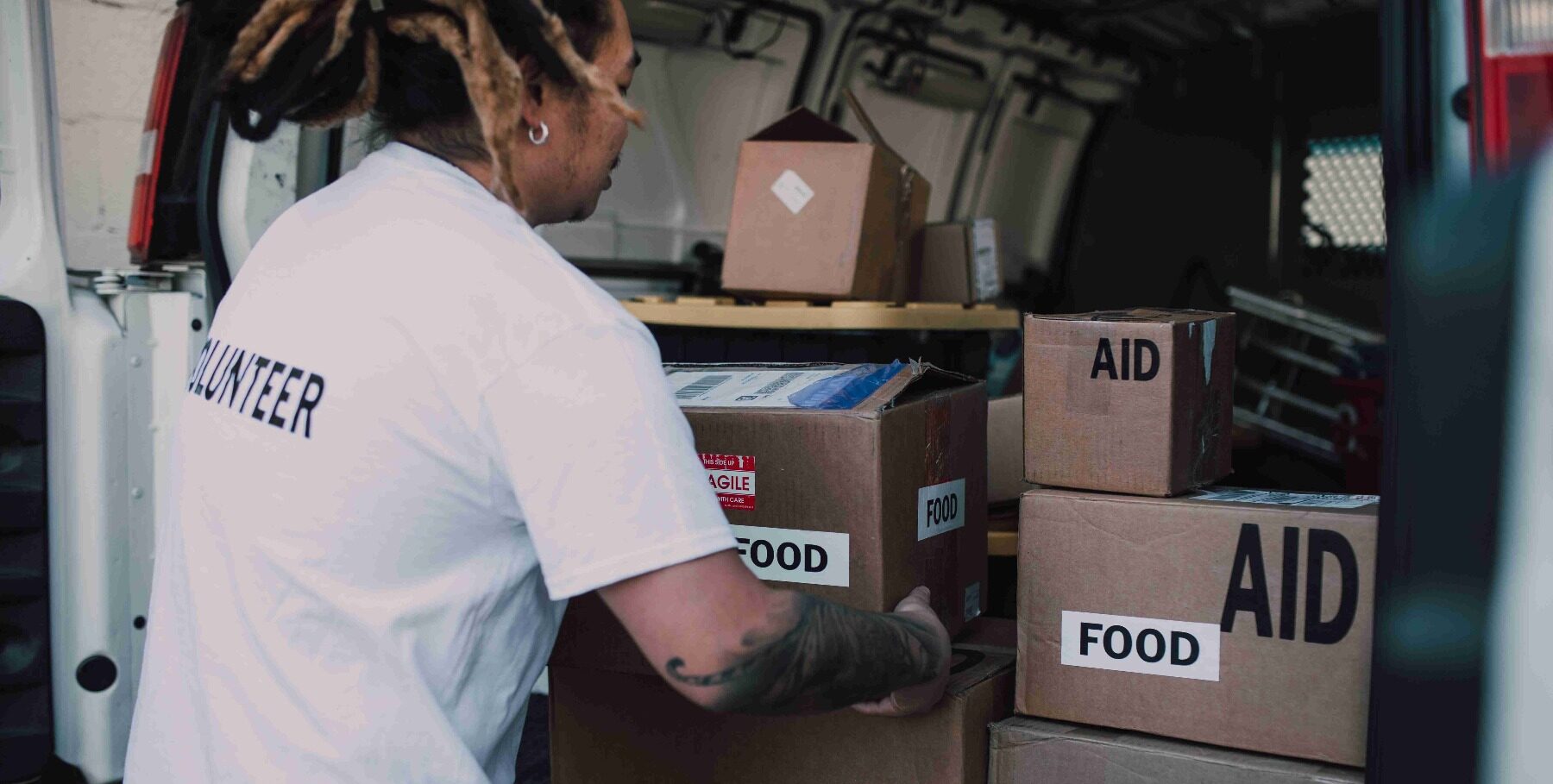Sustainable Living Disadvantages: 2 Eco-Living Obstacles
Discover how overcoming Sustainable Living Disadvantages leads to a brighter eco-future. Explore systemic & psychological barriers with us.
Sustainable Living Disadvantages
Navigating the realm of sustainable living unveils not just a vision for a greener future but also a landscape fraught with challenges and hurdles. Embracing sustainable living brings to the fore a spectrum of complexities and obstacles, collectively known as sustainable living disadvantages. While the pursuit of an eco-conscious lifestyle is admirable, its realization faces multifaceted hindrances. From systemic roadblocks to ingrained psychological barriers, understanding these challenges is pivotal in comprehending the intricate tapestry of striving for a more environmentally conscious existence.
Systemic Level Challenges:
Inefficient Infrastructure:

Within the realm of sustainable living disadvantages, inefficient infrastructure stands as a formidable barrier. It encompasses challenges in renewable energy integration, urban planning contributing to sprawl, and the pressing need to upgrade aging infrastructure.
These obstacles collectively impede progress toward sustainable living, posing significant barriers to the widespread adoption of eco-friendly practices and technologies. Overcoming inefficiencies in infrastructure is pivotal to realizing a more sustainable future, yet addressing these systemic deficiencies remains a formidable challenge in the journey toward eco-conscious living.
Lack of Government Support:

One of the prominent hurdles to sustainable living disadvantages revolves around the lack of adequate government support. This deficiency manifests in various forms, including substantial subsidies for fossil fuels hindering cleaner energy adoption, weak regulations favoring polluting industries, and budgetary constraints sidelining environmental investments.
Insufficient governmental backing poses a substantial challenge in steering societies toward sustainable practices, highlighting the crucial need for robust policies and unwavering support from governing bodies to foster a truly sustainable living environment.
Unsustainable Business Practices:

A significant facet of sustainable living disadvantages lies in the realm of unsustainable business practices. This encompasses various issues such as greenwashing, where misleading claims about environmental efforts abound, the detrimental “take-make-dispose” model prevalent in the fashion industry, and the promotion of planned obsolescence discouraging reuse and contributing to landfill overflow.
These practices pose formidable barriers to achieving sustainability goals, emphasizing the urgent need for businesses to pivot toward genuinely eco-conscious strategies and transparent practices to mitigate their detrimental impact on sustainable living.
Inequitable Access to Resources:

One glaring aspect of sustainable living disadvantages is the glaring disparity in access to resources. This encompasses issues such as water scarcity affecting over 2 billion people globally, food deserts in low-income communities, and energy poverty leaving individuals behind in the transition to clean energy.
These disparities hinder not only basic needs but also impede collective progress toward sustainable living. Bridging the gap in resource access is fundamental to achieving a truly equitable and sustainable future, demanding concerted efforts to address systemic inequalities.
Globalized Trade and Transportation:

Within the realm of sustainable living disadvantages, the complexities of globalized trade and transportation emerge as substantial hurdles. This includes the significant contribution of manufacturing and transporting goods globally to CO2 emissions, unsustainable shipping practices leading to environmental pollution, and the alarming percentage of food wasted throughout the supply chain.
These issues underscore the negative environmental impact of globalized trade and transportation, hindering efforts towards sustainable living. Addressing these challenges demands a paradigm shift towards cleaner and more efficient logistics, emphasizing the need for sustainable practices and stringent regulations in international trade and transportation networks.
Misinformation and Greenwashing:

Amid the landscape of sustainable living disadvantages, misinformation, and greenwashing emerge as significant hurdles. This encompasses misleading marketing claims exploiting consumer desires for sustainability, climate change denial hindering necessary policy changes, and the difficulty in verifying true sustainability claims due to complex supply chains.
These challenges propagate misinformation, creating barriers to informed and eco-conscious consumer choices, and impeding progress toward genuine sustainability. Overcoming these hurdles demands increased transparency, stringent regulations, and heightened consumer awareness to combat misleading practices and foster a truly sustainable living ethos.
Lack of Effective Education and Awareness:

One of the critical challenges among sustainable living disadvantages is the lack of comprehensive education and awareness. This includes the absence of sustainability education in many educational systems, generational knowledge gaps hindering environmental awareness, and cultural attitudes inadvertently contributing to unsustainable behaviors.
These gaps limit individuals’ capacity to make informed choices and actively participate in sustainable living practices. Addressing this challenge necessitates a transformative shift in education systems, advocating for comprehensive sustainability education, bridging generational gaps, and employing culturally sensitive approaches to instill a deep-rooted understanding of and commitment to sustainable living.
Psychological Level Challenges:
Eco-anxiety and Despair:

Amidst sustainable living disadvantages, eco-anxiety and despair cast a shadow on individuals concerned about environmental issues. Studies indicate that a significant percentage of the population, especially the younger generation, experiences profound distress and anxiety related to climate concerns. This psychological toll, often termed eco-anxiety, affects mental health and well-being, impacting motivation for sustainable actions.
Furthermore, climate-related traumas, exemplified by extreme weather events like the Australian bushfires, amplify the sense of despair. Addressing these psychological challenges is crucial in nurturing a supportive environment and providing coping mechanisms to alleviate eco-anxiety and empower individuals toward sustainable living.
Lack of Motivation and Empowerment:

Within the spectrum of sustainable living disadvantages, the prevalent issue of a lack of motivation and empowerment hampers progress. Many individuals perceive their actions as inconsequential to environmental outcomes, fostering apathy and inactivity regarding sustainability efforts. Moreover, limited access to resources, knowledge, or financial means further disenfranchises individuals, hindering their motivation to engage in eco-conscious behaviors.
Addressing this challenge necessitates not only fostering a sense of empowerment but also providing the necessary tools, knowledge, and support systems to encourage and enable active participation in sustainable living. Empowering individuals with the belief that their contributions matter is pivotal in fostering a collective drive toward a more sustainable future.
Conflict Between Individualism and Collective Action:

A pivotal challenge within sustainable living disadvantages is the conflict between individualism and collective action. While individuals recognize the importance of sustainable practices, a conflict arises between personal interests and the collective benefit. Individual actions often seem inconsequential in the face of global environmental issues, leading to a reluctance to adopt sustainable behaviors.
This conflict hampers the momentum needed for collective action, impeding the transformative power of unified efforts toward sustainability. Bridging this gap requires a shift in mindset, emphasizing how individual actions, when aggregated, contribute significantly to collective change. Encouraging a balance between personal choices and the greater communal good is key in propelling collective action towards sustainable living.
Overview
Overcoming these sustainable living disadvantages necessitates a concerted effort—revamping systems, empowering education, and fostering a collective ethos that celebrates individual actions. Confronting these challenges paves the way for a brighter, greener future.
Ready to conquer these hurdles for a greener tomorrow? Join us in reshaping our world.



